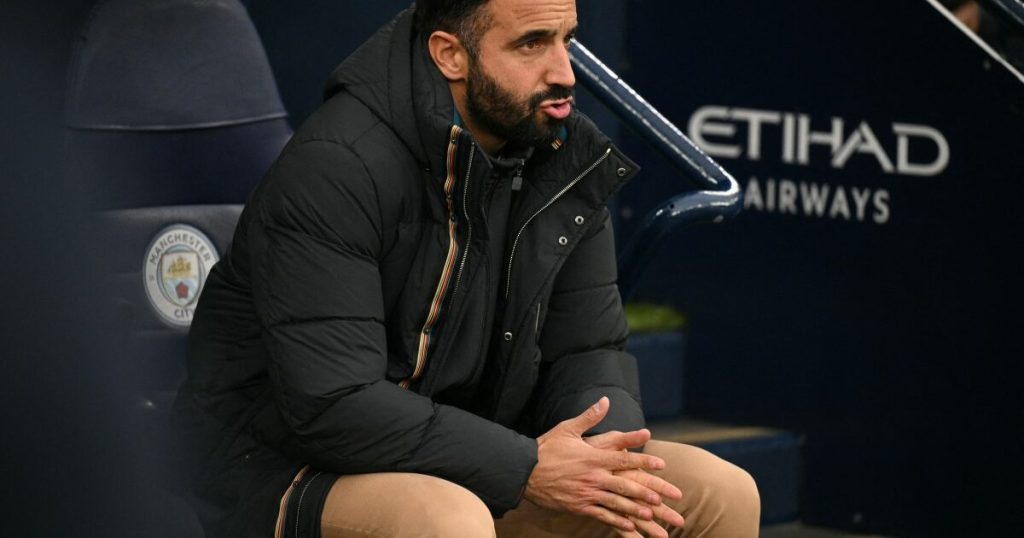Ruben Amorim, the manager of Manchester United, recently convened with Jim Ratcliffe, the club’s co-owner, amidst a turbulent start to the season. United’s performance has been underwhelming, accumulating a mere four points from their initial four Premier League matches, compounded by an embarrassing League Cup exit at the hands of fourth-tier Grimsby Town. Despite the mounting pressure, Amorim downplayed the significance of the meeting, characterizing it as a routine discussion rather than a crisis intervention. He emphasized Ratcliffe’s unwavering commitment to the club’s long-term vision, dismissing speculation of contractual concerns with a touch of humor. The meeting served to reaffirm the collaborative approach between ownership and management, focusing on the ongoing development of the team despite the challenging initial results.
Amorim’s tenure at United has been marked by significant challenges, winning just eight of his 31 Premier League matches since taking charge in November. Last season’s 15th-place finish—the club’s lowest league position since 1973-74—was a stark indicator of the team’s struggles. The Europa League final loss to Tottenham Hotspur further compounded the disappointment, depriving United of a coveted Champions League berth. Despite these setbacks, Amorim maintains a positive outlook, stressing that the team is on an upward trajectory, albeit with significant room for improvement. He acknowledges the need for greater ruthlessness in both attacking and defensive phases of the game, particularly in the penalty boxes, where crucial moments are often decided.
Amorim’s analysis suggests that United’s overall gameplay has improved compared to the previous season, but their lack of clinical finishing and defensive solidity is hindering their progress. He emphasizes the importance of converting promising build-up play into tangible results and minimizing defensive lapses that have cost them valuable points. The manager recognizes the immense pressure that comes with managing a club of Manchester United’s stature, and acknowledges the urgency to translate improved performances into victories. Losses to major rivals Arsenal and Manchester City have exacerbated the pressure, highlighting the need for a swift turnaround in results to stabilize the team and restore confidence.
The upcoming fixture against Chelsea at Old Trafford presents another formidable challenge for Amorim and his side. The return of Mason Mount and Matheus Cunha from injury provides a boost to the squad, offering the manager more tactical flexibility and attacking options. This match represents a crucial opportunity for United to demonstrate their resilience and make a statement against a top-tier opponent. A positive result could serve as a catalyst for a much-needed upturn in form and alleviate the pressure surrounding the club.
The overarching narrative surrounding Manchester United at this juncture is one of rebuilding and evolution. Amorim’s project, backed by the ownership, is focused on long-term development rather than quick fixes. While the initial results have been disappointing, the manager maintains a steadfast belief in his approach and the team’s potential. The challenge lies in translating improved performances into consistent results and addressing the critical issues that have plagued their early-season campaign. The clash against Chelsea represents a pivotal moment in this ongoing narrative, offering a chance to demonstrate progress and build momentum for the remainder of the season.
The meeting between Amorim and Ratcliffe underscores the collaborative effort underway at Manchester United. The focus is on fostering a sustainable, long-term project that prioritizes development and gradual improvement. While the immediate results are undeniably important, the emphasis is on building a team capable of competing at the highest level consistently. The journey is fraught with challenges, but the belief in the project remains strong, and the upcoming fixtures offer opportunities to demonstrate the team’s true potential and begin the ascent back to the top echelons of English football.














